info@vivavel.com
+919818262686
+919818262686
 info@vivavel.com
info@vivavel.com +919818262686
+919818262686Double Valve Replacement (DVR) is a surgical procedure that involves replacing the heart's aortic and mitral valves. This surgery is indicated when both valves are significantly damaged or diseased, resulting in impaired blood flow regulation. DVR can utilize either mechanical or biological valves.
 Common symptoms associated with Double Valve Replacement (DVR) may include:
Common symptoms associated with Double Valve Replacement (DVR) may include:
Fatigue.
Dizziness.
Cyanosis.
Chest pain.
Lightheadedness.
Shortness of breath.
Fluid retention, especially in the lower limbs.

 DVR may be necessary due to conditions that affect both the aortic and mitral valves, such as:
DVR may be necessary due to conditions that affect both the aortic and mitral valves, such as:
Rheumatic Heart Disease: A complication of rheumatic fever that causes inflammation and scarring of the heart valves.
Congenital Valve Defects: Some individuals are born with valve abnormalities.
Valve Calcification: Age-related calcium buildup can lead to valve stenosis.
Endocarditis: Infection of the heart valves can cause damage, leading to dysfunction.
Cardiomyopathy: Enlargement or weakening of the heart can put pressure on the valves.
 Seek immediate medical attention if you experience:
Seek immediate medical attention if you experience:
Sudden chest pain or tightness.
Severe shortness of breath.
Fainting or unexplained dizziness.
Sudden, severe fatigue.
Signs of heart failure (swelling, persistent coughing).
 Some common diagnostic tests used to assess heart health and detect potential abnormalities:
Some common diagnostic tests used to assess heart health and detect potential abnormalities:
Echocardiogram: Ultrasound of the heart to assess valve function and structure.
Electrocardiogram (ECG/EKG): Measures electrical activity and can detect heart rhythm issues.
Chest X-ray: To see heart size and check for signs of heart failure.
Cardiac catheterization: Involves threading a catheter to examine the heart's blood flow and valve function.
MRI or CT Scan: Advanced imaging for a clearer view of the heart's anatomy.
 Do's:
Do's:
If you have a mechanical valve, follow your prescribed medication regimen, especially blood thinners.
Maintain a heart-healthy diet low in sodium, cholesterol, and trans fats.
Exercise regularly under the guidance of a medical professional to strengthen your heart.
Attend follow-up appointments to ensure proper valve function and maintenance.
Monitor INR levels regularly if you're on anticoagulants.
 Don'ts:
Don'ts:
Avoid smoking and excessive alcohol consumption, which can strain the heart.
Avoid high-intensity exercises unless your doctor has given you clearance.
Do not skip your medications, especially blood thinners, as missing doses can cause life-threatening blood clots.
Avoid foods high in vitamin K (e.g., leafy greens), as they can interfere with blood thinners like warfarin.

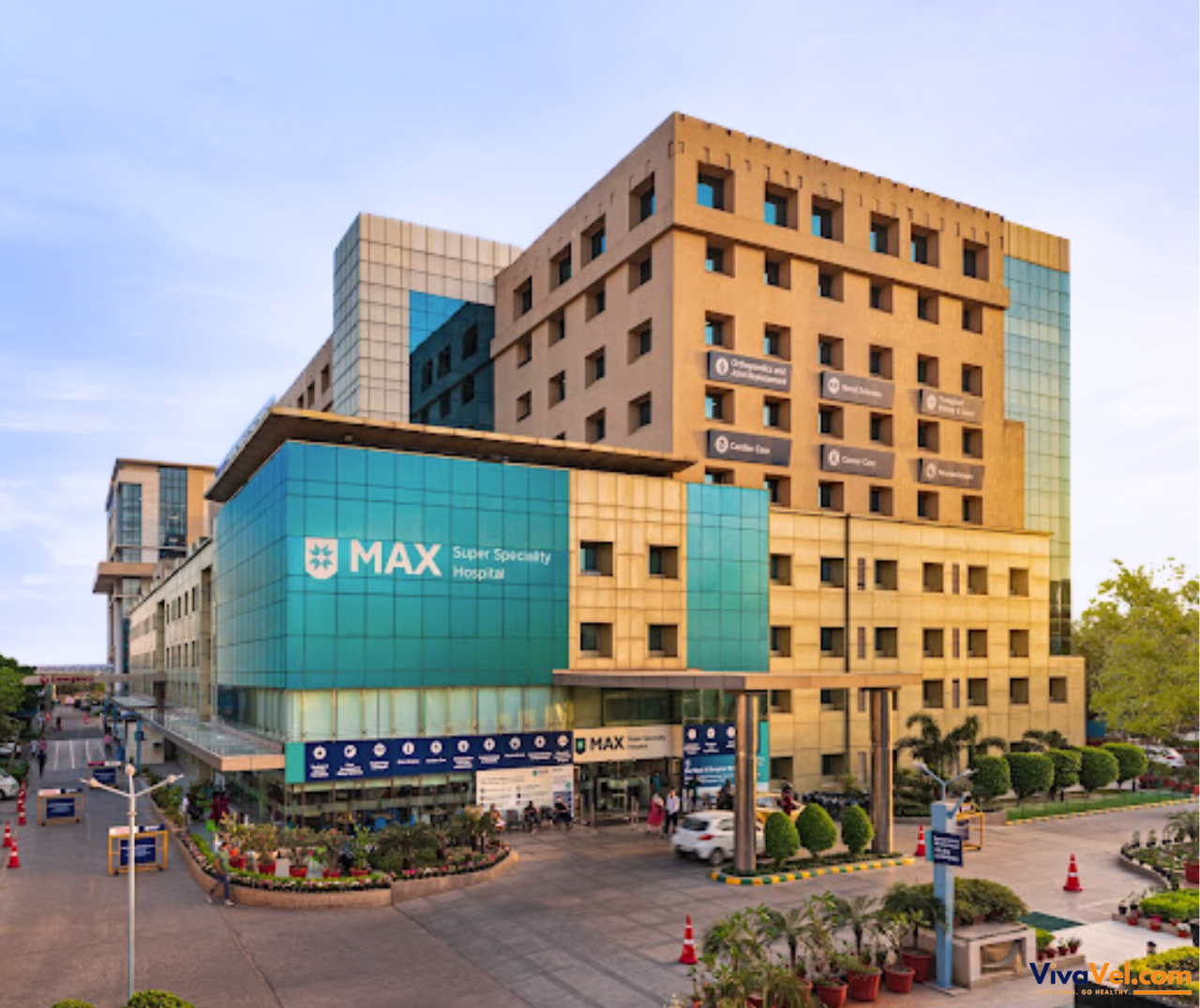


![]() Near Radisson Blu Hotel, Sector 1, Vaishali Ghaziabad, 201012 India
Near Radisson Blu Hotel, Sector 1, Vaishali Ghaziabad, 201012 India




![]() Pusa Road, Radha Soami Satsang, Rajendra Place New Delhi, 110005 India
Pusa Road, Radha Soami Satsang, Rajendra Place New Delhi, 110005 India
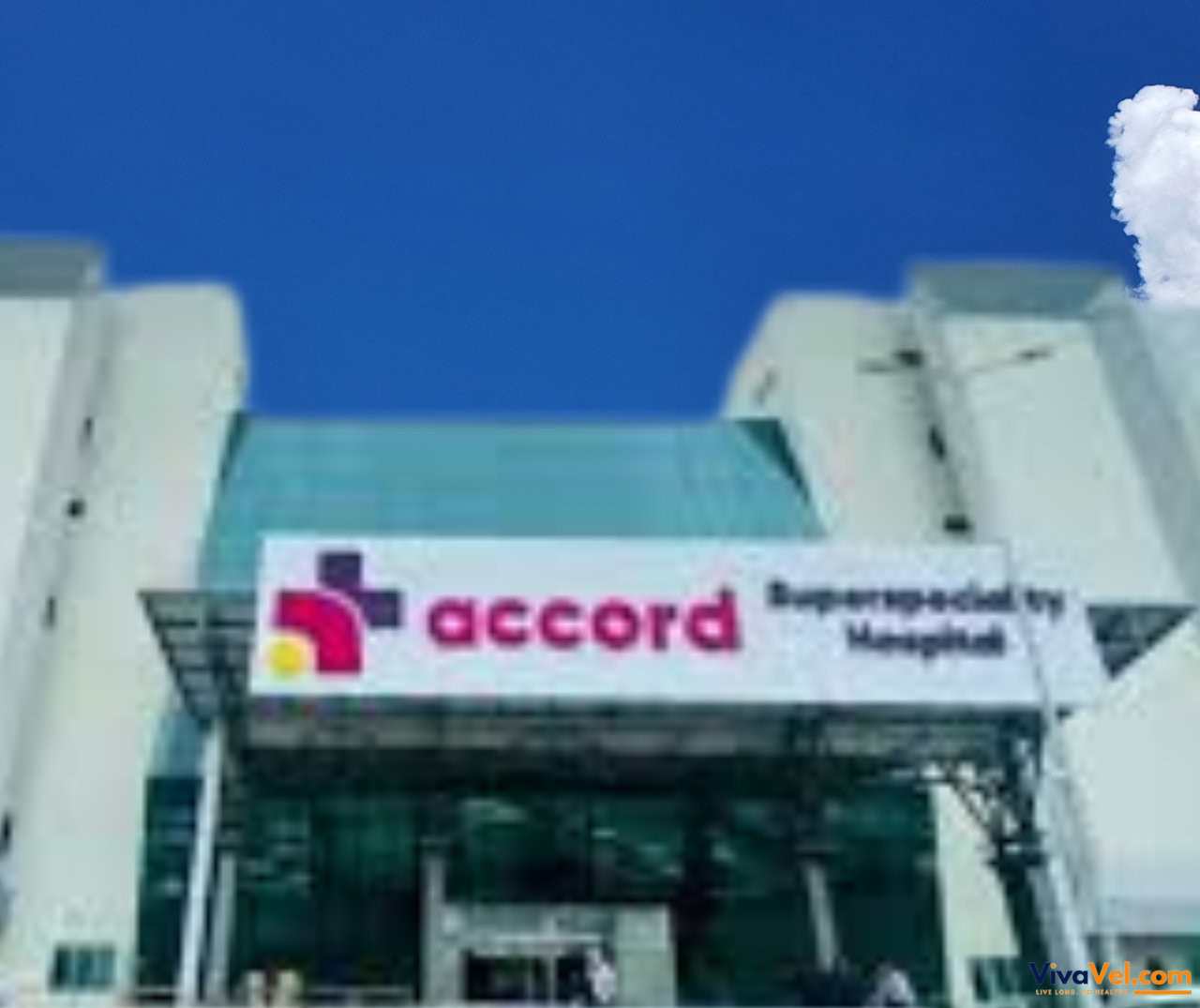


![]() Budena Village, Sector 86, Faridabad, Haryana 121002, India
Budena Village, Sector 86, Faridabad, Haryana 121002, India
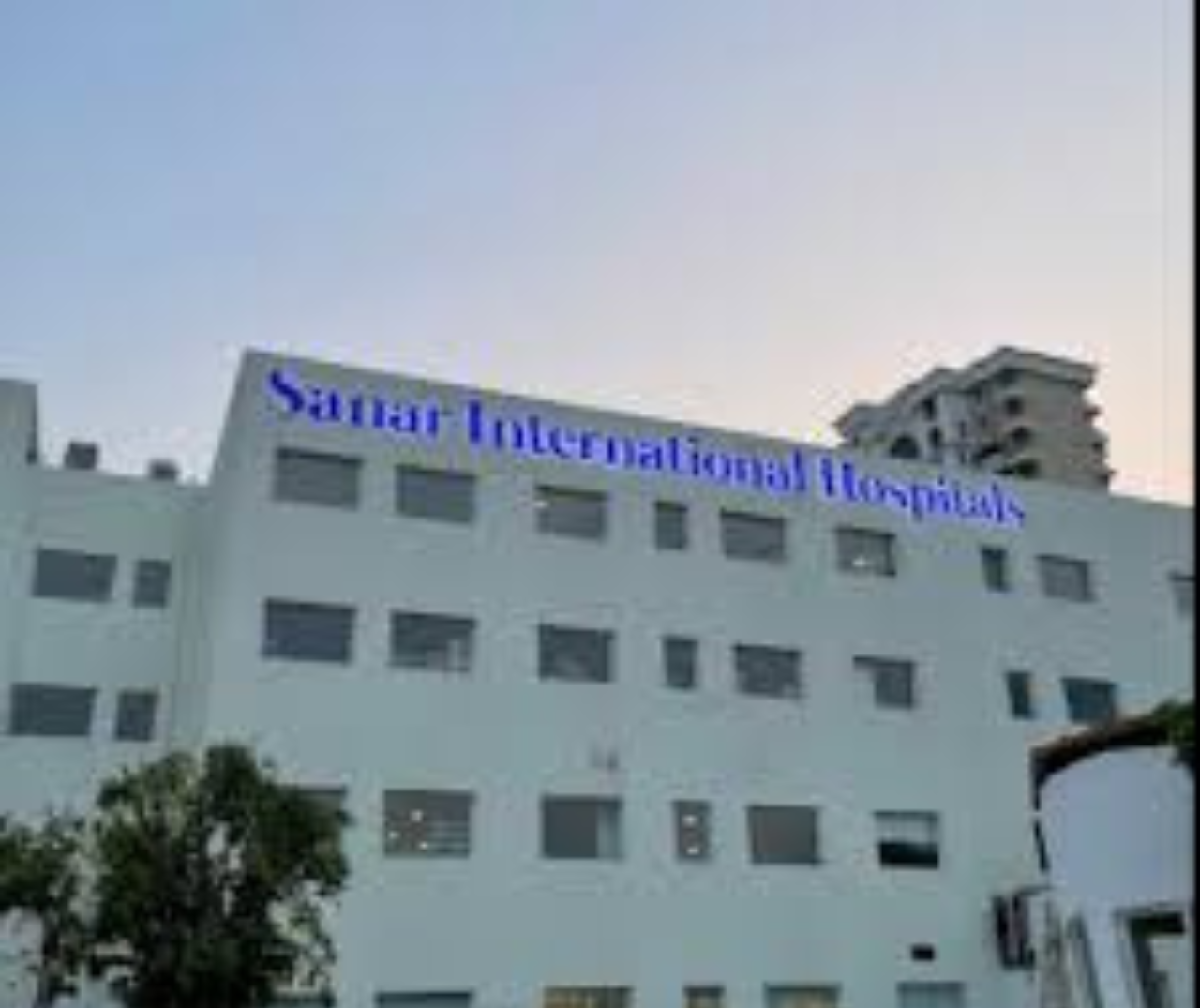


![]() Golf Course Rd, Parsvnath Exotica, DLF Phase 5, Sector 53, Gurugram, Haryana Gurgaon, 122022 India
Golf Course Rd, Parsvnath Exotica, DLF Phase 5, Sector 53, Gurugram, Haryana Gurgaon, 122022 India

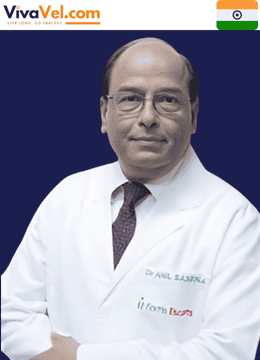
Dr. Anil Saxena is an Executive Director in the Department of Electrophysiology & Cardiac Pacing at Fortis Escorts Heart Institute. He is recognized for his exper...
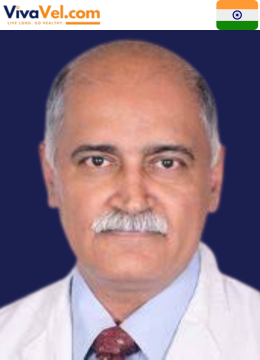
Dr. Kulbhushan S. Dagar is a highly experienced cardiac surgeon with over 21 years in the field. For the past 15 years, he has specialized in caring for infants and c...
C.P.Roy.png)
Dr. (Col.) C.P. Roy VSM is an accomplished heart specialist with over 30 years of experience in the Indian Armed Forces and leading medical institutions. He has held ...
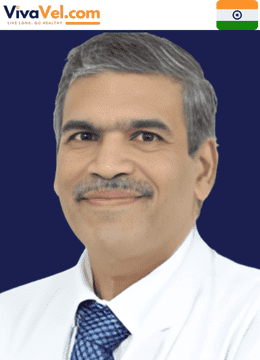
Dr. Ripen Gupta is a highly respected cardiologist at Max Hospital in Saket, New Delhi. With over 25 years of experience in interventional cardiology, Dr. Gupta speci...
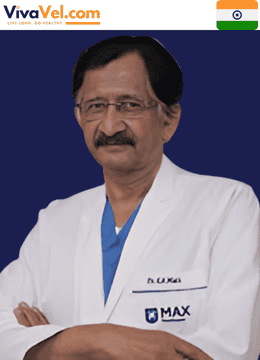
Dr. Ganesh Kumar Mani is a distinguished and highly experienced cardiac surgeon at Max Super Speciality Hospital, Saket, New Delhi. Dr. Mani is one of India's mos...
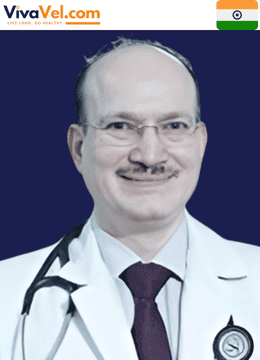
Dr. Rishi Gupta is a renowned name in cardiology and is considered among the best cardiologists in Faridabad, India. He specializes in Angioplasty and coronary A...
Treatment Plan & Cost within 2 days
